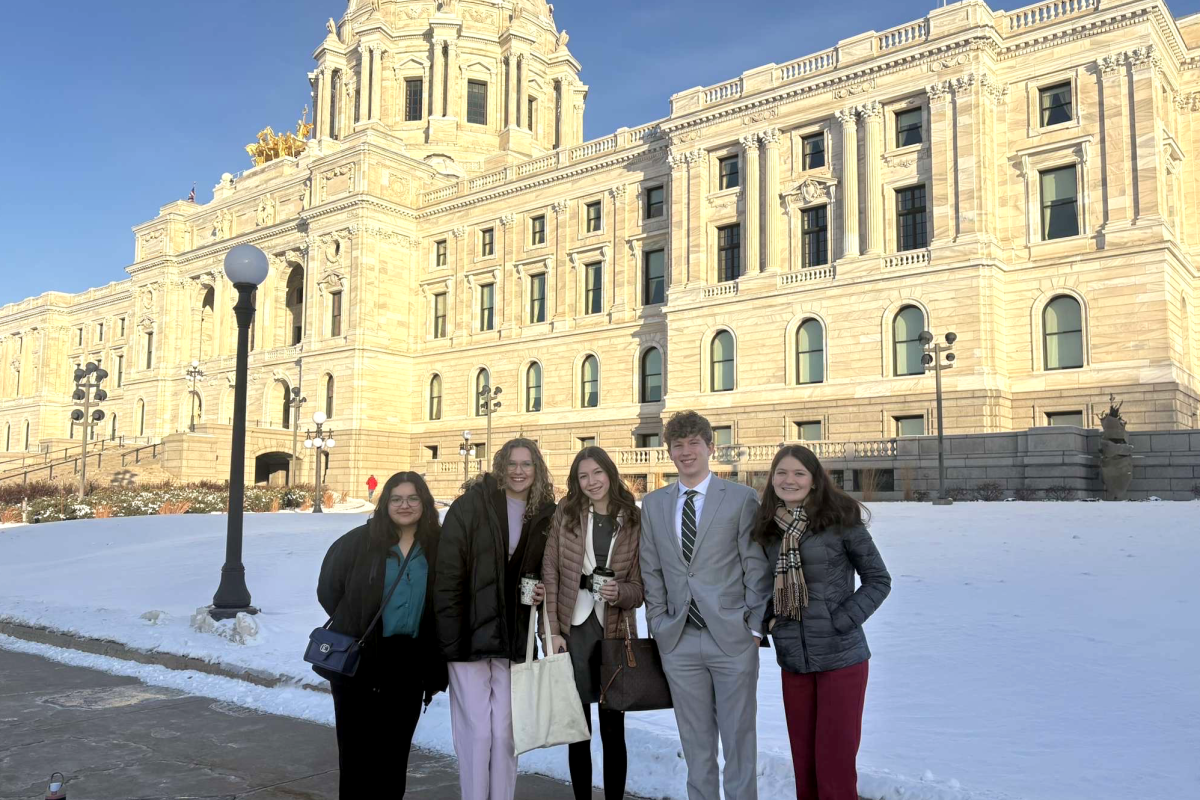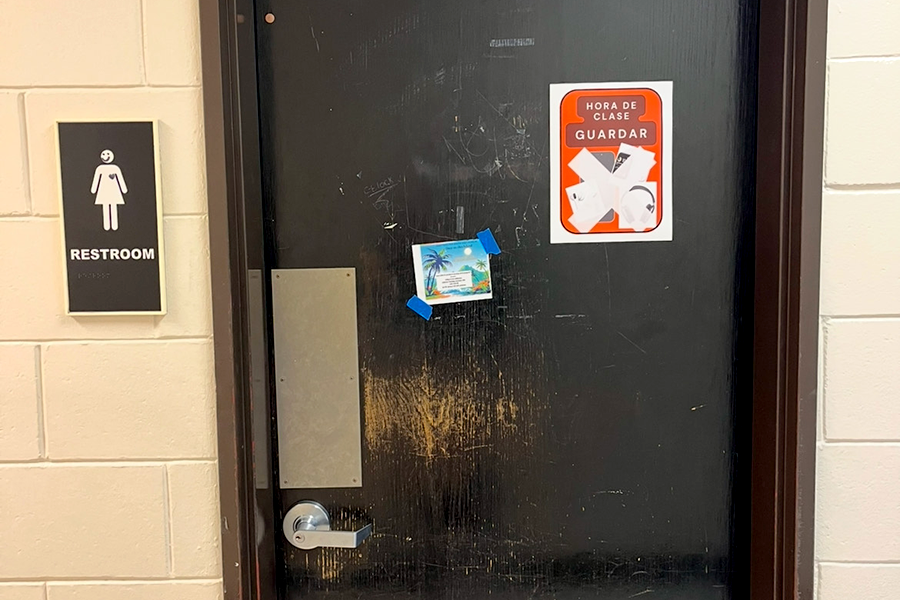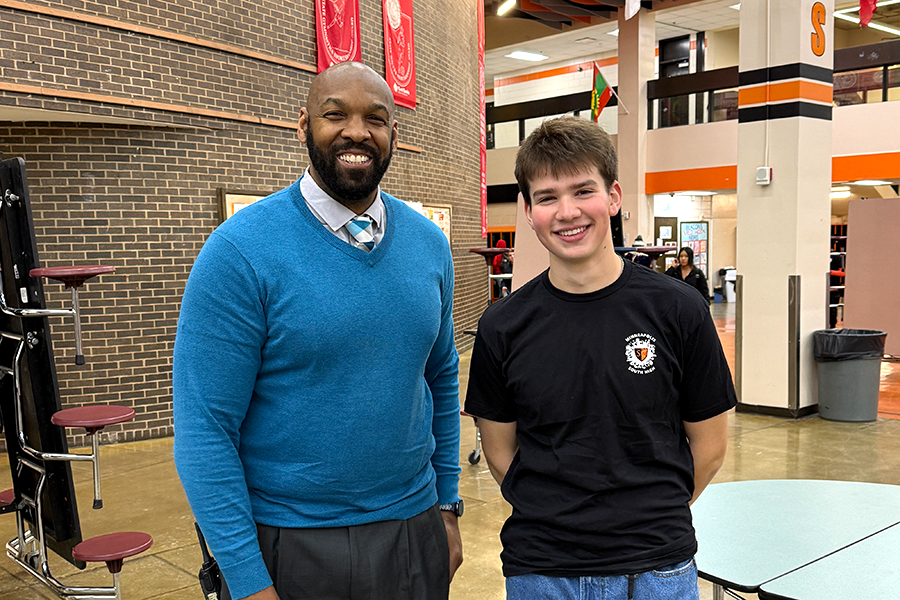On Tuesday, September 18, the teachers of Chicago voted to end a week-long strike, in an agreement that mayor Rahm Emanuel called “an honest compromise.”
“I’m happy for [the teachers],” said Laura Lanik, social studies teacher at South who was part of a Minneapolis delegation who traveled down to Chicago the previous Saturday to support the teachers and take part in a rally. “They didn’t get 100% of what they wanted, but at least it’s positive. And I think they’re feeling strong and powerful right now.”
The strike began on Tuesday, September 11 to protest changes being made to the teachers’ contracts.
“The teachers are unhappy with the teacher reforms that they’ve been given,” said Lanik. “They also have demands, they would like air conditioning, better working conditions, books on the first day of school, just things that students need to be successful.”
Another important component is an issue called value added teacher evaluations. In this system, student evaluations of teachers count for 40% of the teacher’s overall score, which can then be used in hiring, promotion, and pay decisions. One of the concessions made by the mayor to end the strike is that now only 30% affects the grade.
Many of the issues in Chicago overlap with policies being engineered in the Minneapolis Public School District. This school year the value added evaluation program is being piloted, to take effect next year. The transition to charter schools from public schools in Minneapolis is also mimicking a pattern of events in Chicago.
“It’s combination of things that are destroying the public schools,” said Rob Panning Miller, another social studies teacher at South who went to the rally. “Really what’s happening, and this is huge, is that they’re privatizing schools. They’re using the testing to declare schools failures. And then, once they’re declared a failure, they’re privatizing them.”
Panning Miller has been the building steward for the teachers’ union at South for the past 16 years, as well serving on the executive board for the past three years, and the union president from 2006-2008. “What’s happening in Minneapolis right now is very much in the direction of Chicago,” he says, which is “creating a recipe that could lead to a similar situation here.”
“I’m hoping that people see Chicago as a wake-up call, and that teachers in Minneapolis and Minnesota and around the country start following the model of Chicago,” he added. “I think if there’s a wider movement it will hopefully prevent the need for a strike.”
For Lanik, the reasons why she felt the need to participate in the rally are very clear. “I just felt that I needed to show my solidarity and to support them. Because I’m hoping that they would support us if something like this happened here,” she said.












